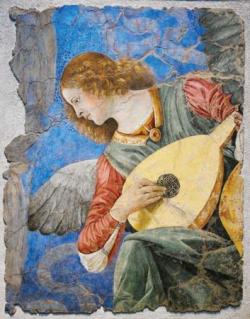Site-Wide Comment Activity: All Authors
 |
|
|
 |
|
|
|
|
 |
 |
 |
|
|
|
|
 |
 |
|
|
|
|
 |
- « first
- ‹ previous
- …
- 107
- 108
- 109
- 110
- 111
- 112
- 113
- 114
- 115
- …
- next ›
- last »